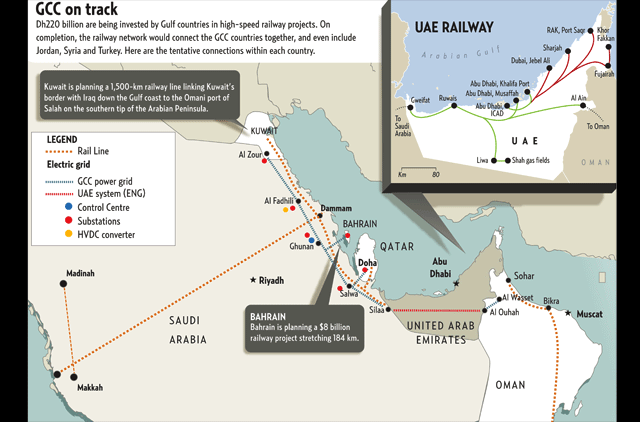Kuwait secured a crucial energy boost by signing contracts to import 500 megawatts (MW) of electricity through the Gulf Cooperation Council Interconnection Authority (GCCIA) on Sunday. This move comes in anticipation of the nation's surging power demands during the scorching summer months.
The contracts, finalized on May 19, 2024, will see Kuwait purchasing 300 MW from Oman and 200 MW from Qatar. The imported electricity will be delivered via the GCCIA's interconnected grid, a robust transmission system linking the power grids of all six member states – Bahrain, Kuwait, Oman, Qatar, Saudi Arabia, and the United Arab Emirates.
This strategic agreement highlights the GCC's commitment to regional energy cooperation. The interconnected grid fosters efficient power exchange, enabling member countries to tap into surplus electricity generation capacity within the region. This not only bolsters energy security but also presents economic benefits through optimized resource allocation.
For Kuwait, the imported power supply is a timely solution. The nation's arid climate and large population heavily reliant on air conditioning during the summer lead to a significant spike in electricity consumption. The additional 500 MW will significantly bolster the country's grid capacity, mitigating the risk of power outages during peak demand periods.
The GCCIA, established in 2009, has been instrumental in facilitating regional power exchange. The ongoing expansion project, launched in December 2022, aims to further enhance the grid's capacity and reliability. This project will enable the transfer of larger power volumes across the interconnected network, fostering even greater regional energy cooperation.
Kuwait's recent import agreement serves as a testament to the GCCIA's role in strengthening the energy security of its member states. By leveraging the interconnected grid, GCC nations can optimize their power resources, ensuring a stable and reliable electricity supply for their citizens.

